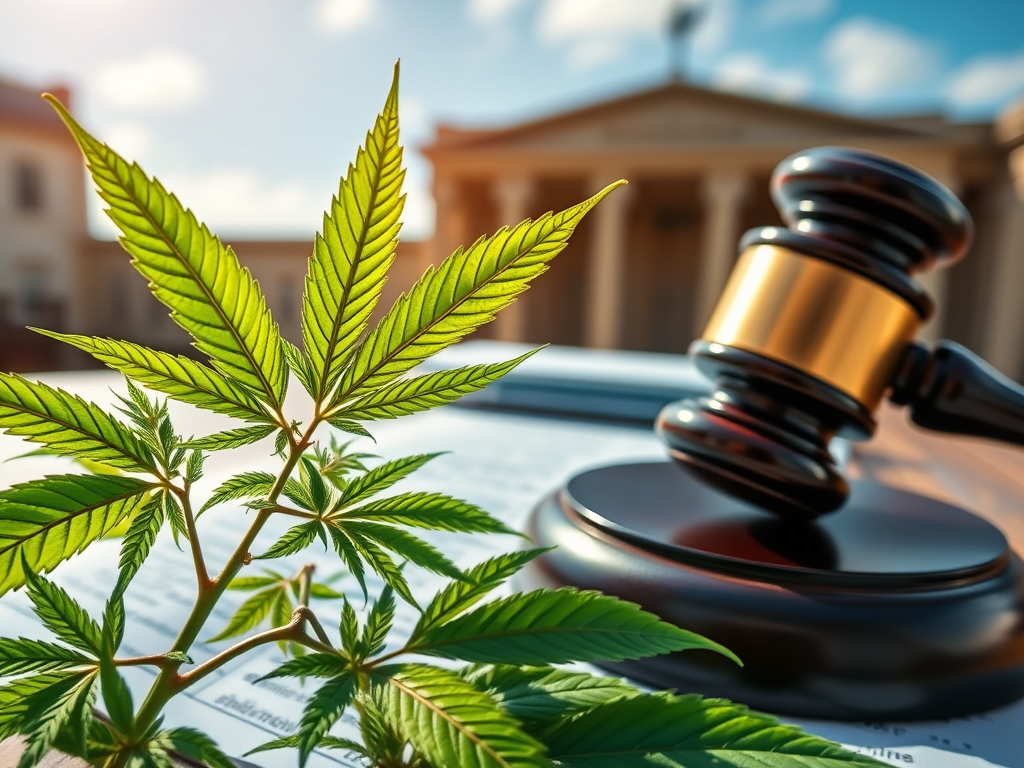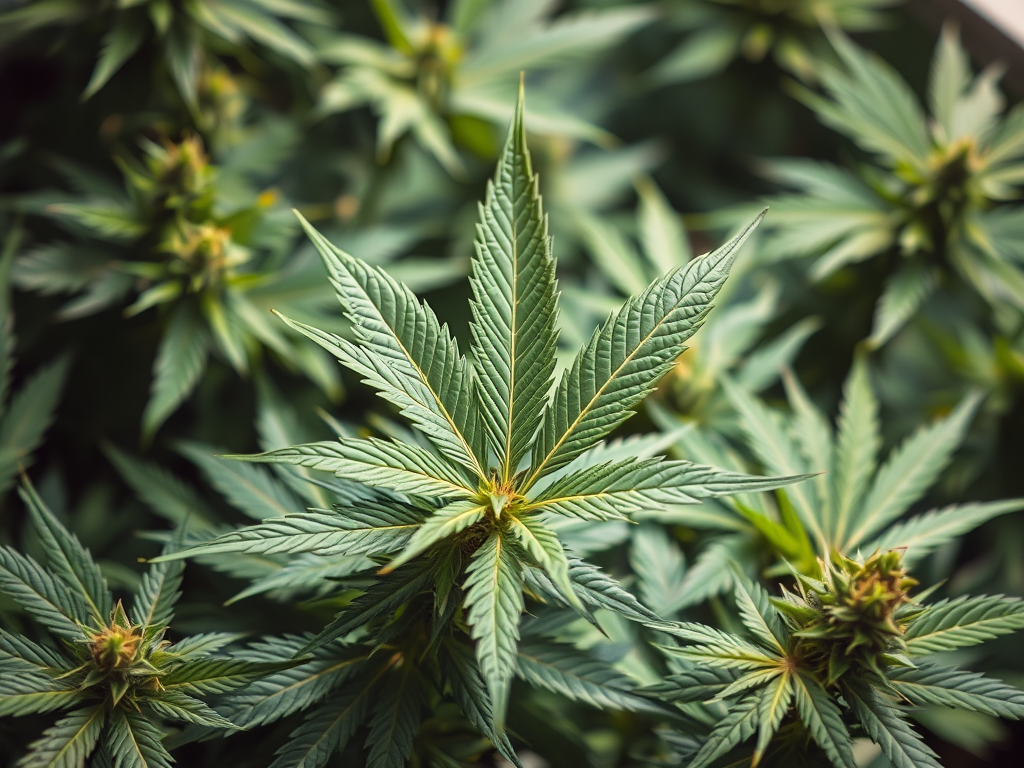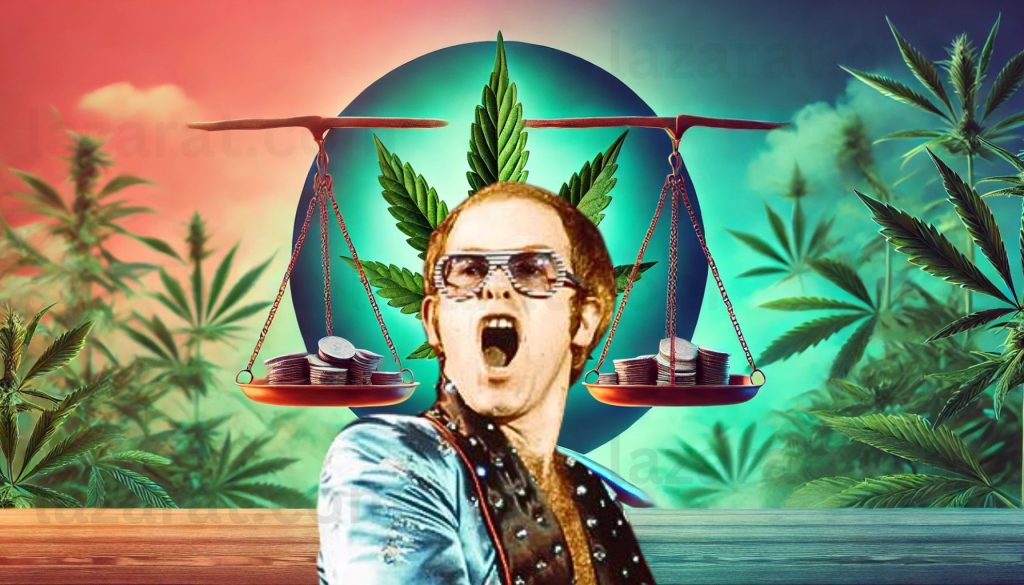What if we’ve been getting marijuana legalization all wrong? You’ve probably heard the debates. Some say legal weed is a step forward for freedom and fairness. Others, like Elton John, see it as a recipe for disaster. But here’s the question: Are we rushing into something without fully understanding the consequences?
Let me paint you a picture. Imagine a friend who was all for legalization, excited about the benefits. Years later, they’re dealing with unexpected health issues or financial troubles tied to addiction. That’s the fear Elton John wants us to consider. He’s not just a musician with opinions—he’s someone who’s battled addiction firsthand. That experience shapes his stance, as he told TIME, “I maintain that it’s addictive. It leads to other drugs. And when you’re stoned — and I’ve been stoned — you don’t think normally.”
Still, here’s where it gets tricky. Public opinion is shifting fast. Today, over 20 states in the U.S. and the entire country of Canada have embraced legal marijuana markets. People point to the economic benefits of cannabis legalization and social justice wins. Jobs are created, tax revenues pour in, and lives disrupted by old drug laws find relief. But what about the risks? Addiction potential, cognitive impairment and the so-called “gateway drug” theory come to mind—are we brushing those aside too easily?
If you’ve been wondering whether marijuana legalization is more harm than good, you’re not alone. It’s a question of weighing freedom against potential fallout. Some argue that proper regulation addresses health concerns and ensures safer use. For instance, controlled markets reduce the dangers of illicit products while offering education on responsible consumption.
So, where does the truth lie? As Elton John’s voice reignites the debate, it’s time we look at the full picture. This isn’t just about headlines or celebrity opinions—it’s about how we build policies that balance public health, individual rights, and economic opportunity. Let’s dig deeper into the heart of the issue.
Elton John’s Perspective on Marijuana Legalization
Elton John doesn’t mince words when it comes to marijuana legalization. He’s not just voicing an opinion; he’s issuing a stark warning based on personal battles and hard-earned wisdom. But why does someone with his platform and influence take such a firm stand?
Let’s start with his statements. During his TIME Icon of the Year profile, the “Rocket Man” singer denounced the legalization of recreational marijuana, stating: “Legalizing marijuana in America and Canada is one of the greatest mistakes of all time.” John’s reasoning? “I maintain that it’s addictive. It leads to other drugs. And when you’re stoned — and I’ve been stoned — you don’t think normally.”
The Role of Personal Experience
John’s history of substance abuse is no secret. He’s been open about the struggles he faced before achieving sobriety in 1990. His journey wasn’t just about quitting drugs and alcohol; it was about rebuilding his life. When someone has walked that road, they see things differently. For John, marijuana isn’t just a recreational drug—it’s a potential trap that could pull others down a similar path.
Think of it like this: If you’ve ever lost control of your own habits, the last thing you’d want is to see someone else fall into the same cycle. It’s not judgment—it’s fear for others’ well-being.

Key Criticisms of Legalization
John’s opposition to legalization focuses on three main arguments:
- Addiction Risk
He argues that marijuana’s addictive potential is underestimated. While studies show it’s less addictive than substances like alcohol or tobacco, dependency is still a real concern. - Cognitive Impairment
John emphasizes that being under the influence of marijuana affects decision-making and mental clarity. For him, this isn’t a small issue—it’s a serious risk. - Gateway Drug Theory
He strongly supports the idea that marijuana can lead to the use of harder drugs. Though this theory is debated, John believes the danger is too significant to ignore.
Elton John’s perspective is deeply personal, but it resonates with a broader question: Are we fully aware of the consequences? He’s not arguing for prohibition for the sake of control—he’s advocating for caution in a world that seems increasingly eager to embrace legalization.
Whether you agree with him or not, John’s voice reminds us that this debate isn’t just academic. It’s about lives, decisions, and the ripple effects of policy changes.
Counterarguments to Elton John’s Position
Elton John’s concerns about marijuana legalization are valid from a personal standpoint, but are they representative of the larger picture? Science, policy, and societal trends suggest a much more nuanced story. Let’s break it down.
Scientific Evidence on Marijuana Addiction
First, let’s talk about addiction. Yes, marijuana can be habit-forming, but its addictive potential is significantly lower than that of alcohol or tobacco. Research shows that about 9-10% of users may develop a dependence. Compare that to alcohol, which hooks roughly 15%, or tobacco, which ensnares nearly 30%.
The gateway drug theory, another cornerstone of John’s argument, is far more contentious. While some studies suggest a correlation between cannabis use and harder drugs, causation remains unproven. Factors like environment, peer influence, and socioeconomic conditions often play a larger role. Labeling marijuana as the cause oversimplifies the issue.
Societal and Policy Benefits of Legalization
The rise of legal cannabis markets isn’t just about normalizing drug use. It’s about addressing systemic problems and unlocking opportunities. Here’s what legalization has accomplished:
- Economic Growth
Legal marijuana has become a major economic driver. States like Colorado and California report billions in revenue from sales and taxes, fueling schools, infrastructure, and healthcare. - Social Justice
Before legalization, marijuana laws disproportionately targeted marginalized communities. Arrests and convictions for minor possession ruined countless lives. Legalization is a step toward repairing that harm by reducing arrests and expunging records. - Consumer Safety
Regulated markets ensure higher quality and safer products. Legal dispensaries test for contaminants, ensuring consumers aren’t unknowingly exposed to dangerous substances.
Addressing Misconceptions About Cognitive Impairment
Elton John’s point about cognitive impairment isn’t baseless, but it lacks nuance. Marijuana does temporarily affect memory and focus, especially in heavy or inexperienced users. However, these effects are typically short-lived and don’t apply to everyone equally.
Regulation helps mitigate risks by educating users and imposing age restrictions. In places with legal marijuana markets, public campaigns promote responsible use, similar to alcohol. The conversation isn’t about ignoring risks—it’s about managing them intelligently.
Striking a Balance
While Elton John’s concerns highlight valid risks, they also underscore the power of informed regulation. The success stories of states like Colorado demonstrate that legalization can achieve substantial economic benefits and improve public safety. Prohibition hasn’t worked historically—it’s only fueled unregulated markets rife with risk. Regulation brings cannabis out of the shadows, ensuring accountability and consumer protection.
Legalization offers a path forward that balances individual freedoms with societal well-being. It’s not about dismissing risks but addressing them head-on through smart policy and education.

Broader Implications of the Marijuana Legalization Debate
The debate over marijuana legalization is about much more than one celebrity’s perspective. It’s a crossroads where public opinion, economic realities, and social justice intersect. Let’s explore what legalization truly means for society.
Public Opinion Trends and the Move Toward Legalization
Societal attitudes toward cannabis have shifted dramatically in recent years. According to national surveys, nearly 88% of Americans support legalization for recreational or medicinal use. This overwhelming consensus reflects a cultural shift, as marijuana moves from the shadows of prohibition into mainstream acceptance.
Globally, countries like Canada and parts of Europe have embraced legalization, paving the way for the U.S. and others to follow. These trends are more than just a fad—they’re part of a growing recognition that past policies caused more harm than good.
The Role of Regulation in Harm Reduction and Public Health
Critics like Elton John argue that legalization ignores health risks, but regulation turns that argument on its head. A legal cannabis market allows for:
- Age Restrictions
Legalization ensures access is limited to adults, reducing underage consumption. - Product Testing
Licensed dispensaries must meet strict safety standards, eliminating the dangers of unregulated black-market products. - Education Campaigns
Public awareness efforts focus on responsible use and potential risks, empowering users to make informed decisions.
These measures don’t eliminate risks entirely, but they significantly reduce them. The regulation doesn’t promote recklessness—it creates accountability.
Economic, Social, and Criminal Justice Implications
The economic benefits of cannabis legalization are undeniable. States like Colorado have used marijuana tax revenue to fund education, healthcare, and infrastructure projects. Job creation is another major win, as the cannabis industry continues to expand.
Socially, legalization addresses decades of disproportionate enforcement of marijuana laws. Arrests for minor possession disproportionately impacted minority communities, leaving millions with criminal records for what is now a legal activity. Expungement programs in legalized states are helping to repair these injustices.
What It Means for the Future
Marijuana legalization isn’t just about access—it’s about how we approach drug policy as a whole. Prohibition has historically failed to curb use, while regulated markets offer a chance to manage the risks more effectively. As more states and countries move toward legalization, they’re sending a clear message: smart regulation is better than blanket bans.
Elton John’s perspective, though grounded in personal experience, underscores the complexities of this issue. However, the evidence overwhelmingly points to legalization as a more effective path. With thoughtful policies, education campaigns, and investment in public health, marijuana legalization has the potential to improve lives, stimulate economies, and rectify historical injustices.
The marijuana debate isn’t just a policy discussion. It’s a chance to build a future rooted in freedom, fairness, and informed decision-making.
© 2024-2025 by Lazarat.com. All rights reserved. No part of this document may be reproduced or transmitted in any form or by any means, electronic, mechanical, photocopying, recording, or otherwise, without prior written permission of Lazarat.com.

Leave a Reply